
What we're reading, November 3, 2015: off-label drug use is associated with a higher risk of adverse drug events; CMS finalizes its rule for advanced care planning for end-of-life care; and Californians send measure to cut drug prices to the vote.

What we're reading, November 3, 2015: off-label drug use is associated with a higher risk of adverse drug events; CMS finalizes its rule for advanced care planning for end-of-life care; and Californians send measure to cut drug prices to the vote.

As has been the case in other states, Virginia seeks a solution to rising costs for medically fragile patients. Lawmakers have been unwilling to expand Medicaid and likely will not until a cost-containment plan is found.

Advocacy groups say it's long past time for Medicare to cover continuous glucose monitoring, which is standard of care and funded by most commercial payers.

What we're reading, October 29, 2015: Pfizer and Allergan in talks to merge; the House passes a budget deal with implications for Medicare beneficiaries; and autism in children is being overdiagnosed.

What we're reading, October 28, 2015: Ben Carson plans to replace the Affordable Care Act, Medicaid, and Medicare; a homeless shelter utilizes telemedicine to alleviate emergency department visits; and researchers uncover gender gap in post-heart attack treatment.

Payer—provider teams presented updates on their cost-saving pilot projects and looked to the future of these models in oncology care.

Twenty-four states have received grants to improve the behavioral health of their citizens by providing community-based mental and substance use disorder treatment.

This study evaluates different strategies to identify high fall risk among community-dwelling elders using a combination of easily obtainable administrative data and patient screening questions.
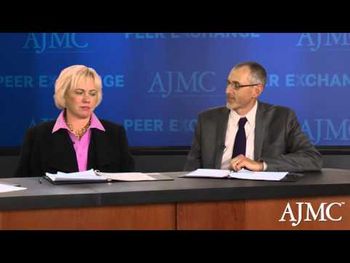
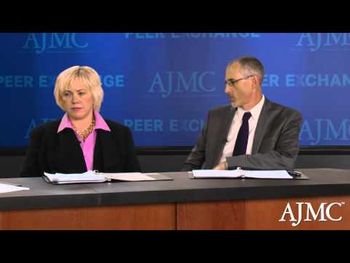
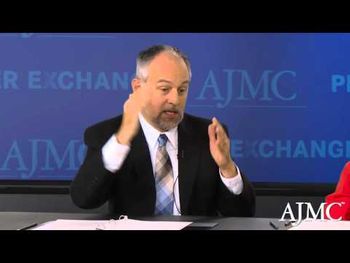
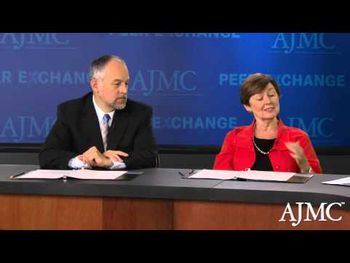
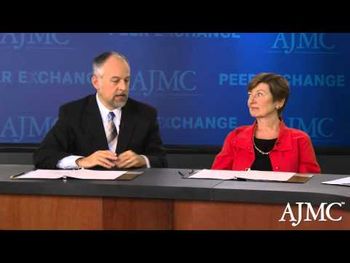
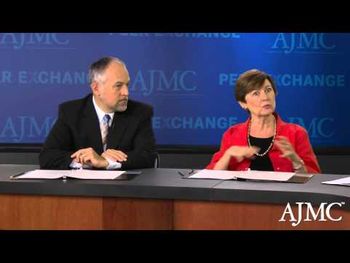
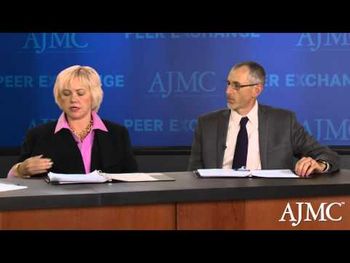
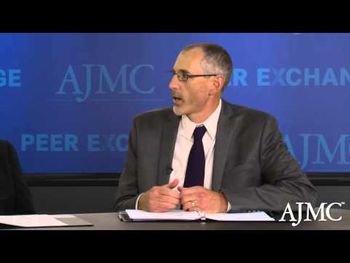
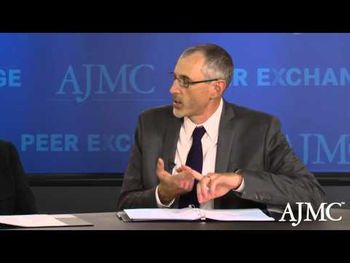
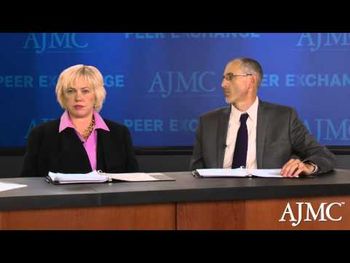
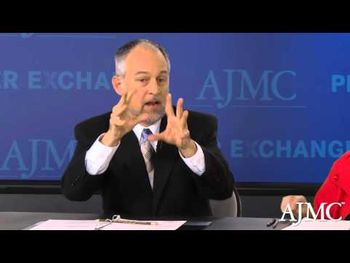
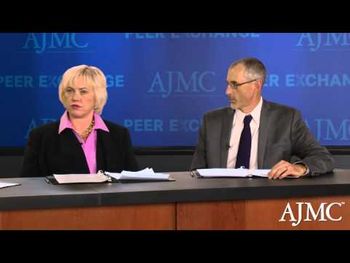
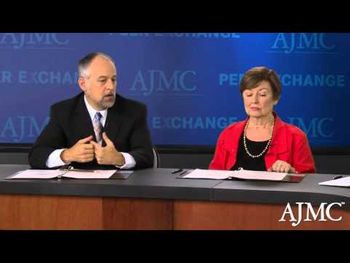
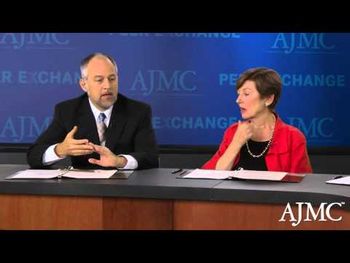
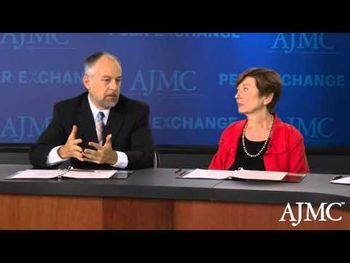

This week in managed care, documents show Horizon Blue Cross Blue Shield of NJ rolled out OMNIA prior to receiving regulatory approval, 2 Harvard professors argue the merit of the annual physical, and experts weigh in on the successes and flaws of Medicare Part D.

Published in JAMA Oncology, the study found a significant difference in quality and access to care for black patients diagnosed with localized prostate cancer.

259 Prospect Plains Rd, Bldg H
Cranbury, NJ 08512
© 2025 MJH Life Sciences®
All rights reserved.
